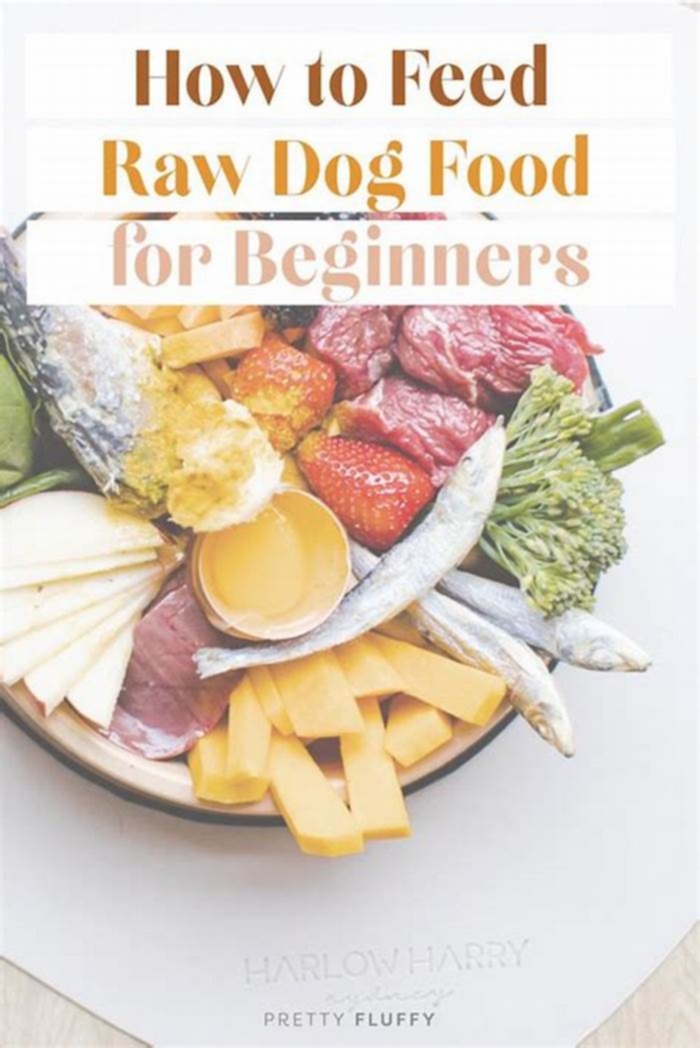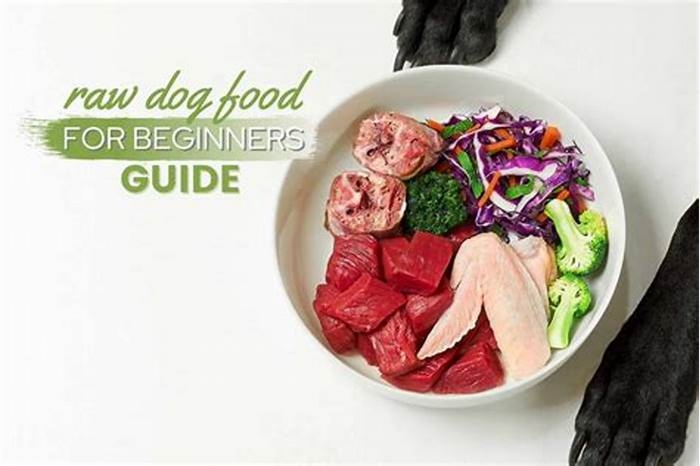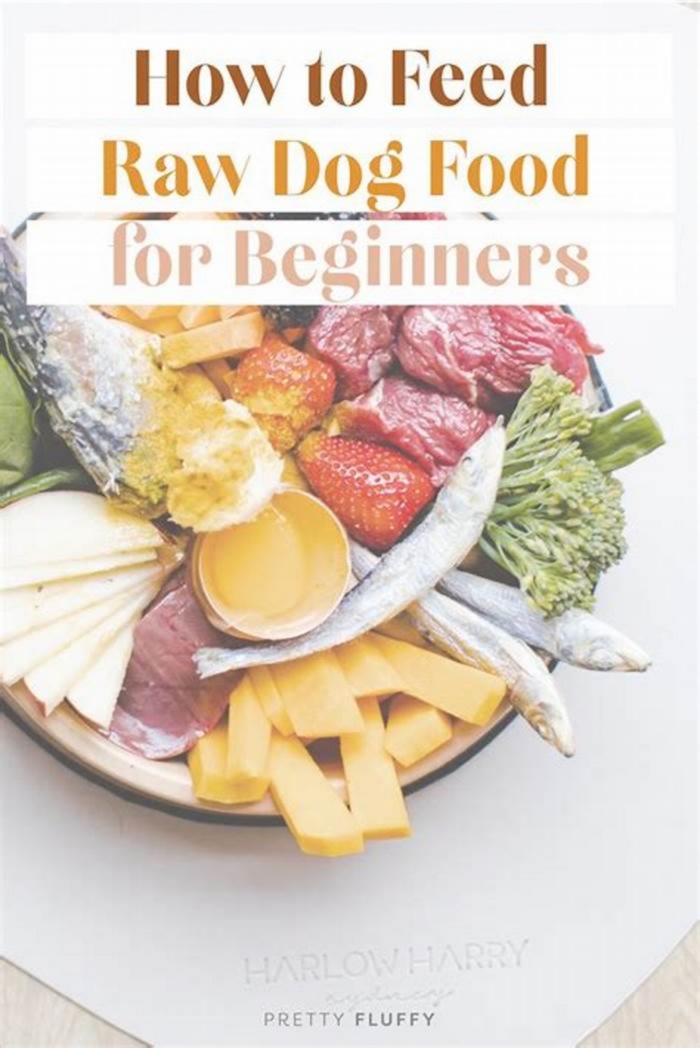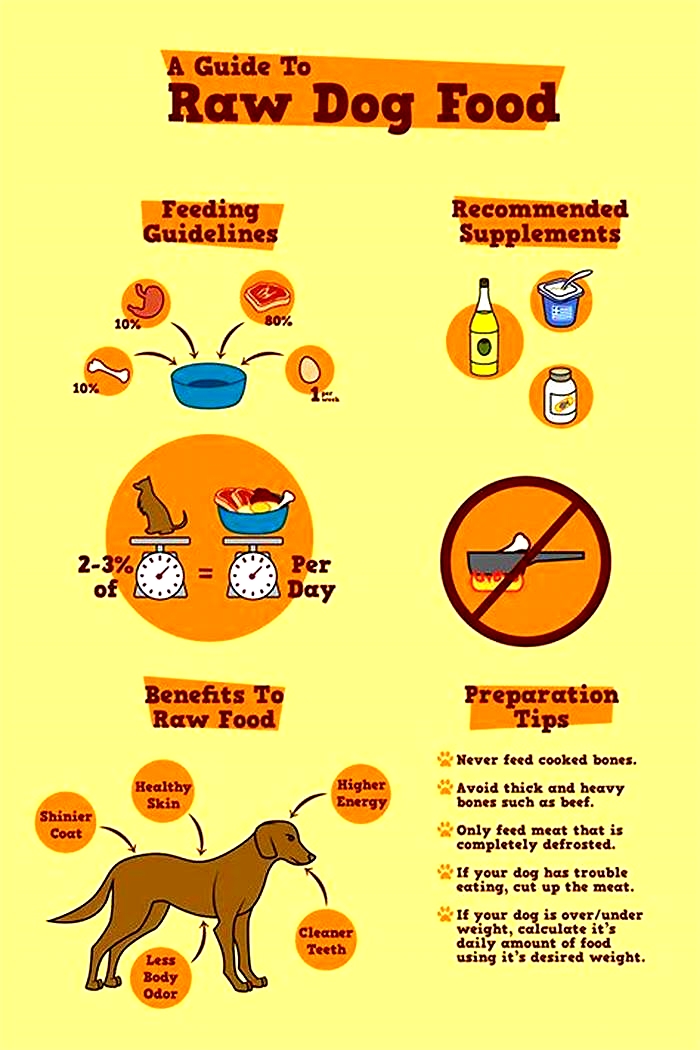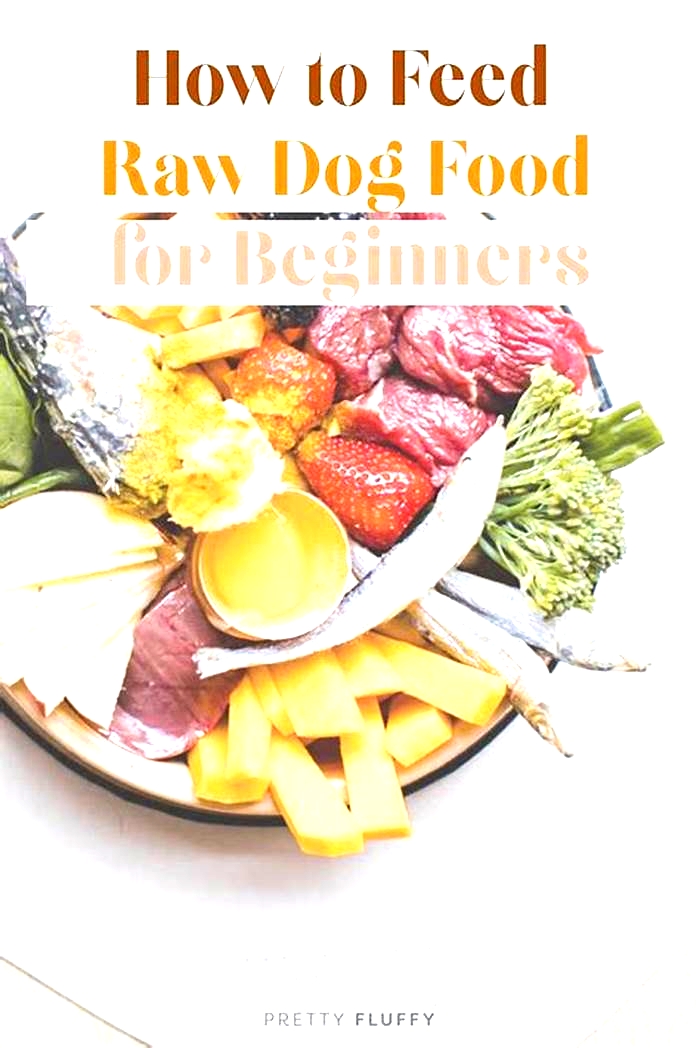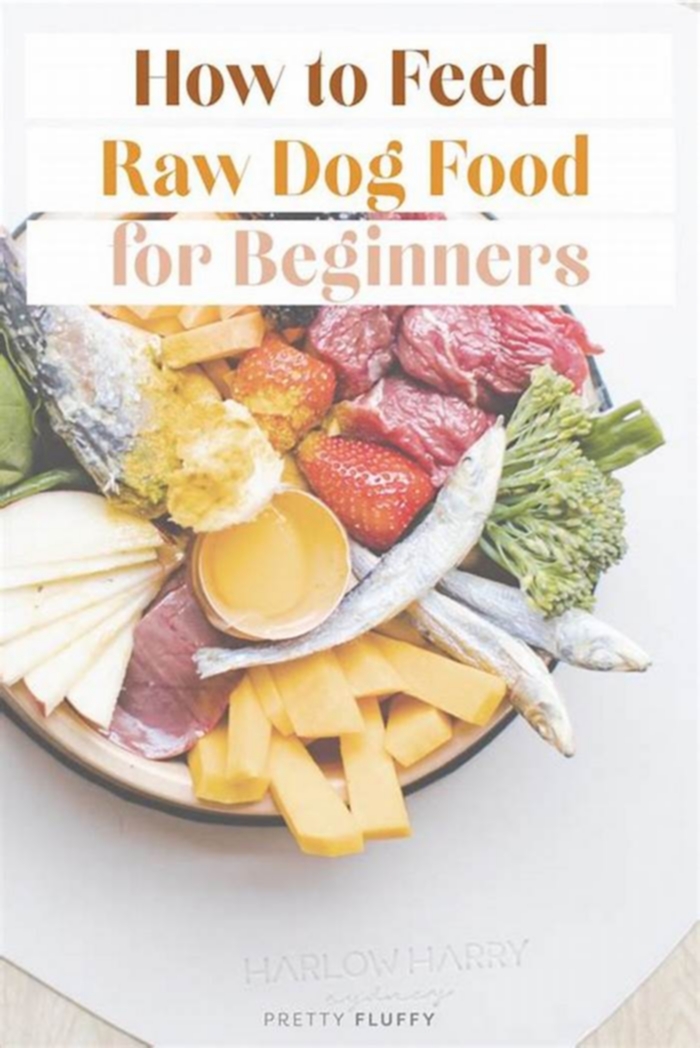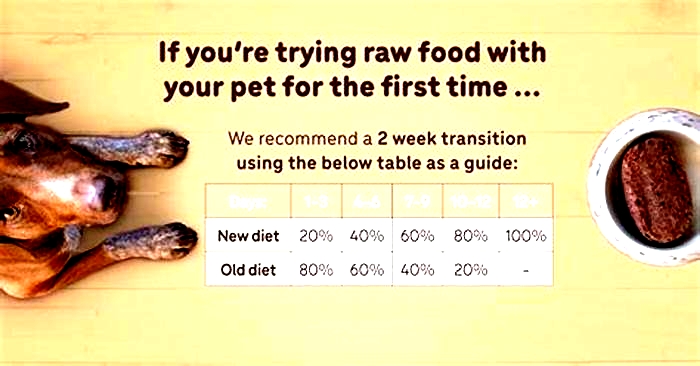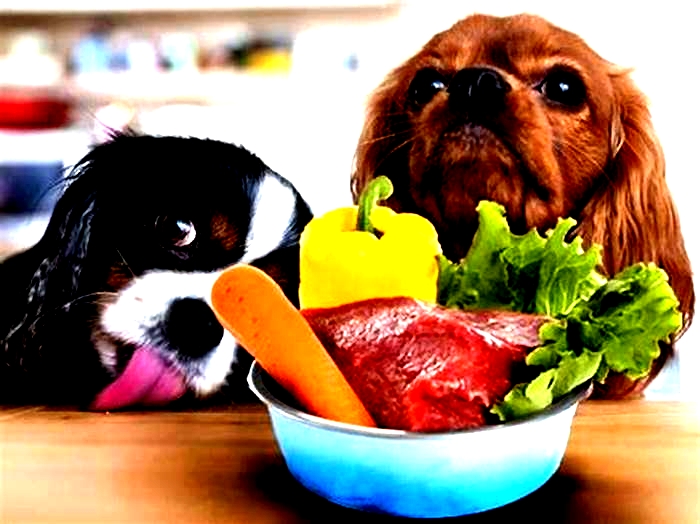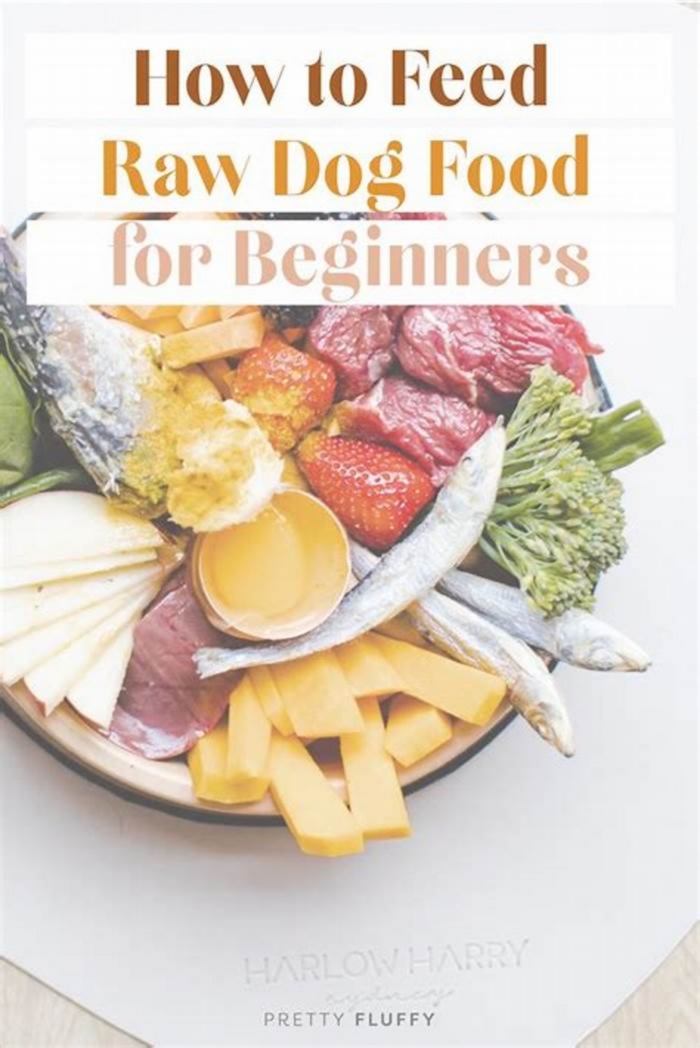Raw Feeding Excellence A Guide to Crafting Premium Raw Dog Diets
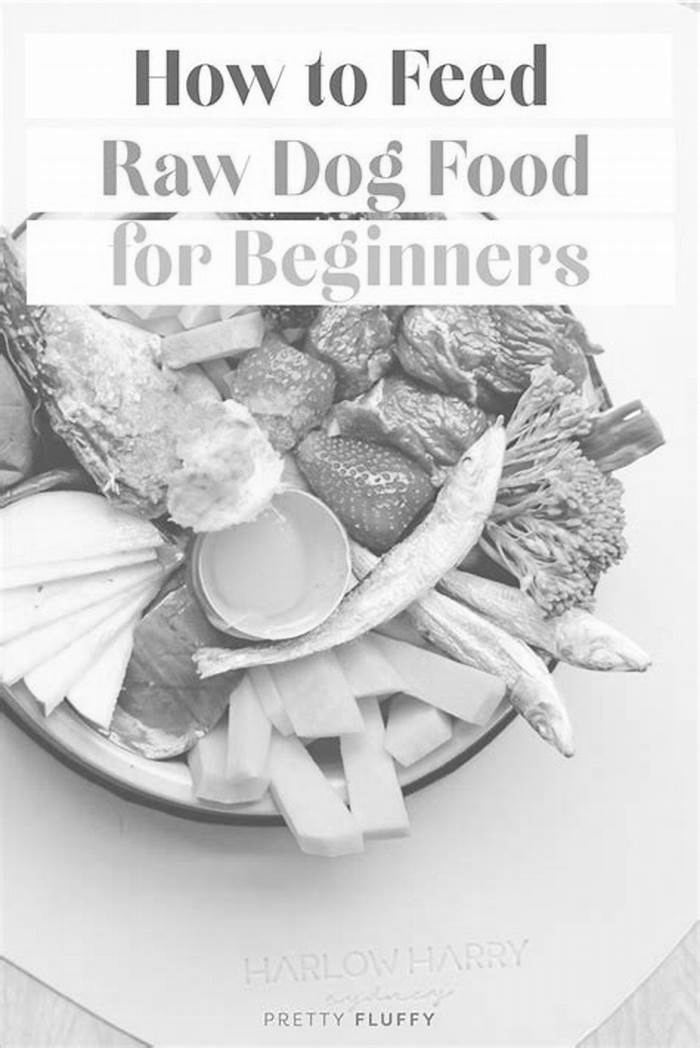
Responsible Raw Feeding
With an overwhelming mine field of information for pet owners researching suitable diets for cats and dogs, FEDIAF offers some key advice on feeding a raw diet responsibly.
What is raw feeding?
Providing a diet of raw food for cats and dogs made up of raw meat, offal and raw bone, along with other ingredients such as fruit, vegetables, oils, nuts and seeds.
Some proponents of raw feeding also advise that dietary supplements are added to ensure the entire essential vitamin and mineral requirements are met. There are two types of raw feeding; homemade raw diets and commercially prepared raw diets.
What are the concerns with a homemade raw diet?
A fundamental concern, as with any homemade diet, is whether all the right nutrients are provided in the right proportions for healthy bodily function. There is a concern amongst some veterinary professionals that many homemade diets do not provide adequate nutrition.
In one study, 95 samples of raw food rations were analysed; 60% of the rations were found to have significant dietary imbalances and the remaining 40% were reported to have minor imbalances or were found to be balanced1.
Whilst homemade diets provide more flexibility for pets with very specific nutritional needs, they are challenging and require significant research and expert guidance to undertake with any success.
Commercially prepared raw foods
Some manufacturers produce frozen and freeze-dried raw foods for cats and dogs with both complete and complementary varieties available in a range of convenient formats. These products help owners to feed their pet raw diets responsibly. The complete pet foods have been specially formulated to provide the nutritional balance a cat or dog needs in their daily diet, whilst a complementary pet food will need to be fed alongside another food source. The pet food label will tell you whether its complete or complementary along with directions for feeding and feeding guidelines.
Owners feeding complete commercially prepared pet foods (in line with the feeding guidelines on the packet) can have confidence they are addressing all their pets nutritional needs. Raw pet food manufacturers are always happy to provide further help and advice with their products.
Think about food safety
As with all commercially prepared pet foods, commercially prepared raw foods are subject to stringent legislation and require various tests to ensure they are safe. This, therefore, minimises the risk of food-borne contamination to both owner and the pet. In contrast, to prepare a homemade raw diet the ingredients must always be from safe and reliable sources to ensure food safety as they are often not subject to the same level of testing and control as commercially prepared raw foods.
Hygiene and handling tips
Good hygiene practice is always important and even more so when handling raw meat:
- Purchase products that are in good condition. You should see no visible signs of damage to the packaging such as dents, tears, discolorations, etc.
- Wash your hands with hot water and soap after handling either your pet or their food
- Wash all surfaces that have been in contact with raw meat
- After each use, wash your pets bowls, dishes and utensils with soap and hot water, rinse properly and dry before the next use
- Correctly store unsealed containers/open bags to limit any risk of cross contamination
- When storing pet food in the fridge ensure raw products are at the bottom
When buying prepared raw foods you can find the storage instructions on each package.
Considering a change in diet for your pet?
If you are considering a change in diet for your cat or dog, there is a range of reliable sources of advice from your vet and nutritionists. Theyll be able to discuss your pets needs, make suitable recommendations and give guidance on how to transition from one food to another.
DEFROSTING RAW PET FOOD TIPS:
- Defrost in a sealed container or your pets bowl and cover it
- Defrost in the fridge or at room temperature for an appropriate time
- Never refreeze
- Never discard the thaw juice as this can contain essential nutrients for your pet
Consult the manufacturer for further information on preparation and storage.
Downloadthe factsheet or clickherefor more factsheets
1Dillitzer, N, Becker, N, Kienzle, E. Frequency and extent of nutritional imbalances in bone and raw food (barf) rations.
How to Find a Vet Who Supports a Raw Dog Food Diet
About a year ago, my visit to a veterinarian left me questioning my decision to feed my dogs a raw diet. Since then, Ive learned why vets are so critical of raw and why its so critical to find one who isnt.
How should you go about finding a veterinarian who supports raw feeding?
- Find a holistic vet in your area, preferably one who specializes in animal nutrition you can do so at ahvma.org
- Utilize social sites like Facebook and Nextdoor for recommendations from local raw feeders
- Call and ask, What are your thoughts on feeding raw? if theyre against it simply move on
- If you dont have any options in your area, stay away from veterinary franchises (like the VCA), and go to your first appointment ready to defend your decision to feed raw
Why should you find a veterinarian who supports raw feeding?
- The specifics of a raw diet can vary from pet-to-pet and a certified veterinary nutritionist is qualified to make those calls
- Feeding your dog an unhealthy, unbalanced raw diet can be more detrimental to his/her health than dry kibble
- Modern medicine has a major role in the overall wellbeing of your pet you want a vet who knows when let nature take its course and when to intervene
Why Should I Find a Holistic Veterinarian?
The primary goal of a holistic veterinarian is to take into account all the factors affecting your dogs health and execute the most minimally invasive treatment possible.
As opposed to Western medicine which, typically takes the mechanic approach to care. Where does it hurt? How do I make it not hurt anymore? Heres a pill to make it not hurt anymore
Im not implying Western medicine is a bad thing modern advances in healthcare have saved and improved the quality of countless lives (for both humans and our pets) in fact, modern care is so efficient at relieving our symptoms, the root causes of those symptoms can be completely missed.
A holistic vet, on the other hand, is more likely to investigate other factors affecting your dog such as behavior, home life stressors, genetics, medical history, and of course diet & nutrition. Ideally, a holistic vet wants to identify the root causes (theres most likely multiple) of your dogs ailment and give him/her the tools to recover using their own immune system.
For reasons Ill get into later in the article, holistic veterinarians are a lot more likely to embrace raw feeding, because a) its outside the mainstream of veterinary practice and b) in addition to their mainstream veterinary education, theyve also received additional education in canine nutrition.
I Dont Have a Holistic Veterinarian in My Area What Now?
If you dont have a holistic veterinarian in your area dont panic yet! There may be pro-raw vets in your area who dont practice holistic medicine.
1 Join the Nextdoor App and find local raw feeders if theyve been feeding raw for a long time then theyve most likely found a supportive vet
2 Search raw feeding for dogs in Facebook groups most regions have a local group
*Pro-tip: The Nextdoor App is a great resource for finding neighbors with freezer burnt raw meat to spare. Also, local FB groups typically know the best butchers in town!
Even if a vet doesnt practice holistic medicine, knowing they are onboard with raw-feeding is a huge advantage. Youll have the piece of mind knowing a) your vet is familiar with balancing raw food diets and b) they wont food-shame you and your dog.
Why Should I Stay Away From Veterinary Hospital Chains?
Ill get straight to the point on this one veterinary chains are either in or vulnerable to being in the pocket of the pet food industry.
Dont believe me? Then why does Mars, Inc. the candy bar company own nearly 2,000 animal hospitals throughout the country?

Is it because they love animals?
No, its because they own 9 pet food brands including Pedigree, IAMS, and Nutro and they found another avenue to shove their toxic kibble down our throats.
But, Andrew you say, there are nearly 30-thousand veterinarian hospitals across the country why avoid the EVERY franchise?
Because this is not going to stop. Mars Inc is on a buying rampage and other pet food manufacturers will be soon to follow.
And thats about as conspiratorial as I like to get in this blog.
Why is it so Difficult to Find a Veterinarian Who Supports Raw Feeding?
Here are the most common reasons veterinarians object to the raw food diet for your dog:
- Raw foods diets arent balanced
- Raw food diets arent regulated
- Raw food diets expose both people and pets to dangerous bacteria, such as Salmonella and E. Coli
- Raw food diets can result in tragedy, such as pets choking on bones
- There is no scientific research proving that raw diets are more beneficial for your pet than kibble
I feel there is merit to each of these claims, so lets examine each in more detail
1 Raw foods diets arent balanced its extremely important to do your homework before starting your dog on a raw diet. One reason vets are so critical of raw feeding is they see so many horror stories. Most commonly, when owners only feed their pet ground meat resulting in a very sick dog.
Your dog needs to eat muscle meat, organs, bone, and vegetables to thrive make sure you know the how and what of raw feeding.
2 Raw food diets arent regulated this is true, and if you are purchasing your raw food from a commercial supplier youll want to make sure they have a great reputation. If you are prepping the raw diet yourself, then look for grade A, grass-fed meat when financially feasible.
3 Raw food diets expose both people and pets to dangerous bacteria, such as Salmonella and E. Coli also 100% true in fact, in a study cited by the AMA, up to 80% of home raw meals may contain Salmonella. Dogs are carnivores they have a digestion system designed to handle dangerous bacteria. Salmonella is their version of a probiotic.
Humans, on the other hand, cannot handle dangerous bacteria like Salmonella and there have been statewide outbreaks originating from homemade raw food.
Do everyone a favor and follow these safety protocols when handling raw meat:
- Wash dog bowls with a separate sponge after every meal
- Feed your dog(s) on a hard surface you can disinfect (disinfect after every meal if you have kids!)
- Take your dog on regular walks so they can poop away from where you and your kids play
- Freeze all meat until youre ready to feed it to your dog, and only leave it in your fridge for a maximum of seven days
Ive been feeding my dogs raw for nearly two years now and have never had a problem. So, I believe in you.
4 Raw food diets can result in tragedy, such as pets choking on bones. When feeding your dog bones, I recommend sticking with raw (uncooked) chicken bones. Never feed your dog cooked bones! Other than that, just serve ground bone and youll never have a problem.
Aside from that, YOU KNOW YOUR DOG BETTER THAN ANYONE ELSE if you have a small chihuahua, leaving it alone with relatively giant chicken bone isnt a good idea. If you have a dog who gulps down food in a split second, whole bones are probably off the table.
5 There is no scientific research proving that raw diets are more beneficial for your pet than kibble this is also true, but thats because more studies into raw feeding havent been funded. Instead, the studies your veterinarian will most likely quote have been funded by the pet food industry. And somehow those studies keep proving dry, tasteless kibble is the epitome of dog nutrition.
What If My Only Option is a Veterinarian Who Doesnt Support Raw Feeding?
Its a difficult situation; but, thats why I provided the above list so that you can do your homework before that first visit.
Your vet has the best intentions for the health of your dog however, there are many forces dissuading him/her from accepting raw food as a viable diet for your pet.
Instead of attacking their thoughts, just come prepared to defend yours, and open to having a discussion with the vet. A decent vet may not like the diet, but they will do everything in their power to support you and the health of your dog.

